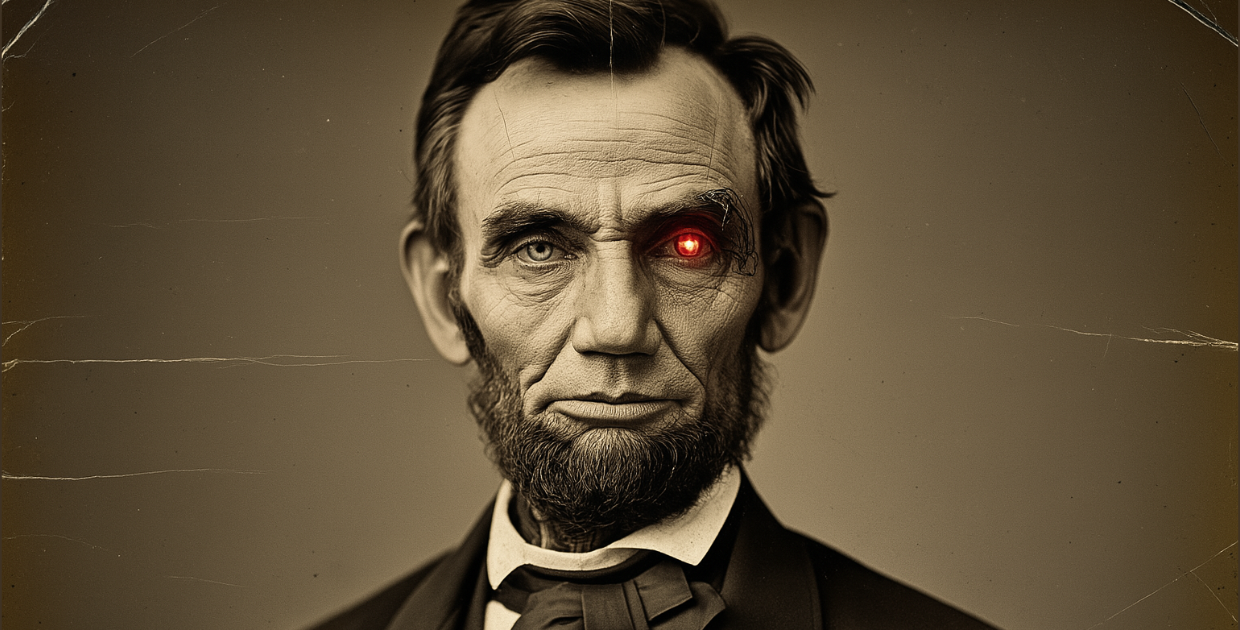Grover Norquist is founder and president of Americans for Tax Reform. Since 1985, Grover and ATR have been a fixture of Republican politics, shaping the party’s dedication to cutting taxes. In our conversation, we discuss the origins of ATR, the keys to its long-lasting success, and lessons for other organizational entrepreneurs.
Key Takeaways:
1. Pledges Are Powerful Political Tools
Grover Norquist discusses the long-term success of the Taxpayer Protection Pledge as a way to hold politicians accountable and shape policy outcomes. He believes clear, public commitments remain effective campaign levers.
2. Consistency Over Cycles Builds Movement Strength
He emphasizes that effective advocacy requires sustained pressure and consistency across cycles, not just high-energy bursts during election seasons.
3. Coalition Building is Essential to Policy Wins
Norquist underscores that political success often comes from building broad, issue-specific coalitions rather than relying solely on party alignment.
4. Economic Issues Still Move Voters
He argues that despite changes in media and messaging platforms, economic issues—especially taxes and inflation—remain central to most voters' concerns.
5. Conservative Messaging Should Be Forward-Looking
Norquist encourages center-right leaders to focus on innovation and freedom rather than fear. Campaigns win when they offer a hopeful, opportunity-focused vision.
Watch on Youtube:
https://www.youtube.com/channel/UCdzsHPQ_uNfN8r5PILc3NhQ





